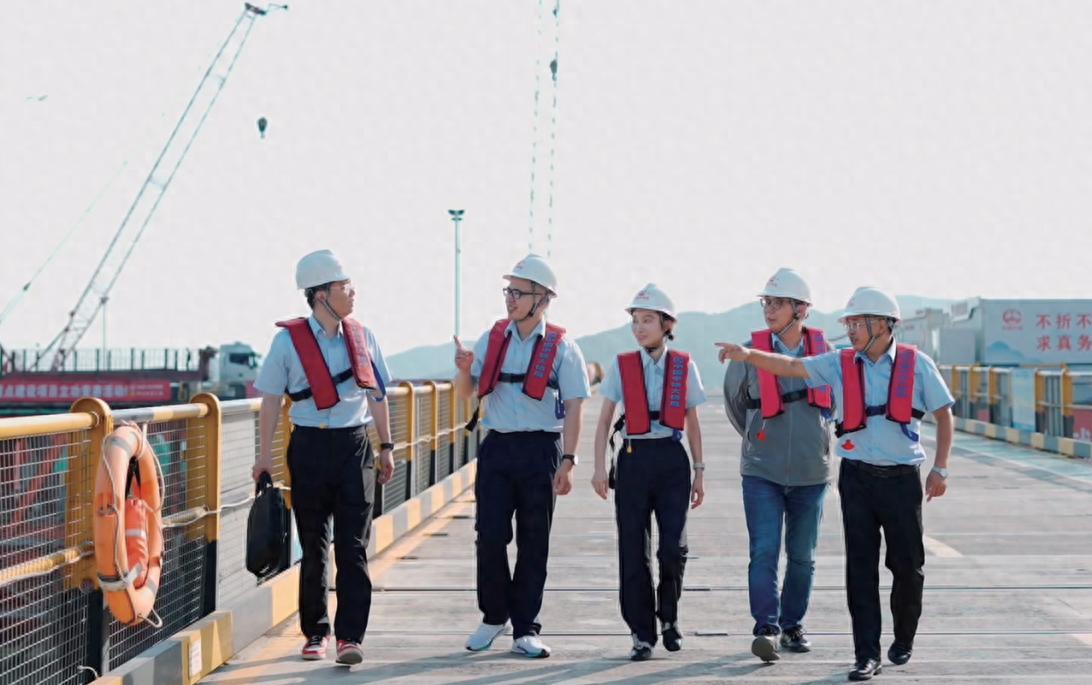“生活艺术大师对工作和娱乐、劳动和闲暇、思想和身体、教育和娱乐不划明显的界限。 他几乎不会意识到哪个是哪个。无论做什么,他只是在追求自己的卓越愿景,而把是在工作还是在玩耍这样的判断留给别人。在他自己看来,他似乎总是两者兼顾。”
我喜爱 L.P.杰克斯的这句话。它描绘的是我所知道的一些最令人鼓舞、最快乐、最成功的专业人士。主题很明确: 找一份热爱的工作——一份能让你做最好的自己的那种——这样根本就不觉得自己是在工作。然而,直接推论也很重要: 我们必须像从事职业一样坚持度假,并利用假期让自己比以前变得更好地回到办公室。
想想我的朋友约翰,他曾是一家顶级专业服务公司的首席执行官和董事长,现在积极参与了一些非凡的社会活动。他视度假为让头脑清晰而敏锐的一种方式,在过去的25年里,他和妻子以及其他三对夫妇组织了一年一度的徒步旅行。他们在美丽的山脉、国家公园或自然保护区步行大约一个星期,每天采取不同的搭配,这样每个人都有机会聊天。在卸任 CEO 之前,他会试着在全球合伙人会议之前以这样的方式休息,因为他发现休息的结果是,自己的想法、倡议甚至演讲都会因此变得更加明确、丰富、清晰而有力了——尽管他并没有花任何时间刻意做这些事!
在如何度过休闲时光方面,我们能从这些真正的生活艺术大师那里学到些什么呢?
1. 妥善计划。永远不要让你的假期碰运气。天衣无缝的航空旅行,良好的住宿条件,优质的餐管和旅游预订——所有这些都将使假期更有成效而乐趣丛生。此外,准备工作本身也很有趣。想象一下你可能做的每一件事,然后去选择,选择那些将带来最好的机会去更新和再造自己、让你创造出最难忘回忆的地方和活动。
2.遇见不同的、有趣的人。在列奥纳多·达·芬奇的一个笔记本上,有一份包含15项任务的待办事项清单。其中至少有八项涉及咨询他人,以及两项致力于他人的书籍。世界上最富有成效的人具有强烈的好奇心和协作精神,会不断地结识新朋和盟友——即使在度假的时候。
3.愿意投资。我们许多人偏爱有形的奢侈品。相对于投入到体验上的钱财,我们在房子、汽车、衣服和其他东西上花费更多,而这些很快就会失去它们最初的吸引力,产生各种各样的担忧和维护需求;然而,根据研究,体验能带来更多的长期满足感,不仅带来快乐,还能提供学习和成长的机会。高质量的假期是你所能做的最高回报的投资之一。
英文原文
“A master in the art of living draws no sharp distinction between his work and his play; his labor and his leisure; his mind and his body; his education and his recreation. He hardly knows which is which. He simply pursues his vision of excellence through whatever he is doing, and leaves others to determine whether he is working or playing. To himself, he always appears to be doing both.”
I love this quote from L. P. Jacks. It describes some of the most inspiring, happy, and successful professionals I know. The main message is clear: find a job that you love—one that allows you to be your best self—and it won’t feel like work at all. The corollary is also important, however: we must approach ourvacationswith the same tenacity as we do ourvocations, and use them to come back to the office better than before.
Consider my friend John, the former chief executive and chairman of a top professional services firm, who is now active in several remarkable social initiatives. He sees holidays as a way to clear and sharpen his mind and has, for the past 25 years, organized annual hiking trips with his wife and three other couples. They walk for about a week in stunning mountains, national parks or nature preserves, pairing off differently each day so everyone gets a chance to chat. Before retiring from the CEO role, he would try to take these breaks just before his global partners’ meetings because he found that his ideas, initiatives, and even speeches would become much more focused, rich, clear and powerful as a result—even though he didn’t spend any time actively working on them!
What can we learn about how to take leisure time from these true masters in the art of living?
1.Plan properly.Never leave your holidays to chance. Seamless air travel, nice accommodations, guaranteed restaurant and tour bookings—all of these will make your time off more productive and enjoyable. Besides,the preparation itself can be fun. Imagine everything you might possibly do, then pick the places and activities which will give you best opportunities for renewal and reinvention and let you create the most unforgettable memories.
2.Meet different, interesting people.In one of Leonardo da Vinci’s notebooks, there is a to-do list of 15 tasks. At least eight involve consultations with other people and two focus on other people’s books. The world’s most productive people are deeply curious and collaborative and constantly seek out new acquaintances and allies –even when they’re on vacation.
3.Be willing to invest.Many of us are biased toward tangible luxuries. We spend more on houses, cars, clothes, and other things, which very soon lose their initial attraction and generate all sorts of worries and maintenance needs, than we do on experiences, which, according to research, offer more long-term satisfaction, providing not only pleasure but also a chance to learn and grow. Quality vacations are one of the highest-return investments you can make.
克劳迪奥 · 弗尔南德斯-阿尔奥兹(Claudio Fernández-Aráoz)|文
克劳迪奥 · 弗尔南德斯-阿尔奥兹是全球猎头公司亿康先达(Egon Zehnder)的高级顾问,哈佛商学院的执行研究员,也是《不是如何或什么,而是谁 》(《 It’s Not the How or the What but the Who》)一书的作者(哈佛商业评论出版社,2014)。
译言网网友 玉堂春晓|译 周强|校
限 时 特 惠: 本站每日持续更新海量各大内部创业教程,一年会员只需98元,全站资源免费下载 点击查看详情
站 长 微 信: lzxmw777





